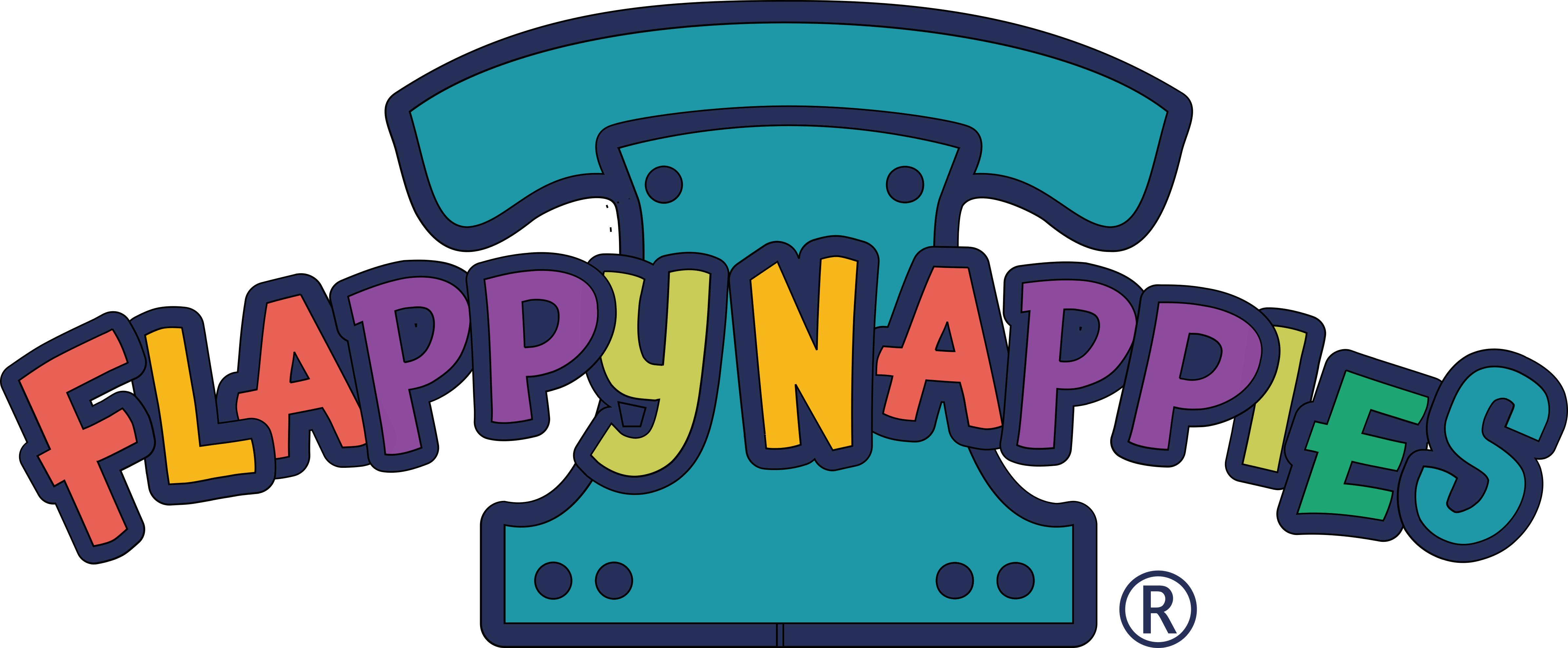I wanted to use cloth diapers. But I had to go back to work.

“I wanted to breastfeed. But I had to go back to work.”
“I did NOT want to sleep train. But I had to go back to work."
“I wanted to use cloth diapers. But I had to go back to work.”
“I would love to try Elimination Communication. But I have to go back to work.”
“I wanted to be with my baby. But I had to go back to work.”
I have heard these statements so many times, from friends, acquaintances, and mothers I’ve just met. It breaks my heart every time. Here in the USA, new parents face a unique obstacle immediately after birth or adoption: A lack of guaranteed paid leave.
A lack of paid leave means that many new mothers are forced to make an impossible choice: Their baby or their career. And that’s assuming mom can afford to stay home at all.
Parenting choices should not cost you your career.
When I was pregnant with my first baby, I was working as an adjunct lecturer at the local university. My department head encouraged me to apply for a full-time position that was opening for the fall, but I declined. My son wouldn’t even be 8 weeks old by the time the semester started, and I wanted more time with my baby.
When my son turned 8 weeks old, I was still recovering from my c-section and breastfeeding wasn’t well established. I couldn’t imagine leaving him in daycare all day when I could barely walk or confidently feed him. And yet, mothers everywhere are returning to work when their babies are that young or even younger.

I knew I made the right call, but the financial cost of that decision has made an impact on what my family can now afford and how much we have saved. The gaps in my employment from caring for my babies have permanently stunted a career that I worked toward for years.
Your parenting choices should not be dictated by your employer.
Parenting choices are often constrained by the demands of full-time employment and newborn care. Cloth diapers can feel overwhelming for working parents to keep up with, breastfeeding goals are often torpedoed by difficulties with pumping, and parents often feel forced to sleep train in an effort to get enough rest for work.
The focus of my blog, the Nappy Hour, is usually Elimination Communication, which is an eco-friendly potty training method that can begin as young as birth. One of the most common reason I hear that parents reject the method is an early return to work.
Learning a baby’s elimination cues takes time and attention, and it’s hard to find a daycare that will potty a child under age two. Adequate leave would give parents enough time to establish a solid potty routine before returning to work. As it is, overwhelmed parents are pushing potty training back until age 3 or 4, at great cost to the environment.

The USA is far behind its peers in terms of paid parental leave.
Other countries guarantee 6-12 months of paid leave for new parents, giving parents the time and freedom they need to make parenting choices that are right for their family. The United States guarantees none. Nearly one in four employed mothers have returned to work within two weeks of giving birth.
As the women around me have become mothers, I’ve witnessed the impact a lack of paid leave can have on families in the United States. I saw friends give up beloved careers they had nurtured for decades. Others suffered from severe PPA and/or PPD but were given no extra time to recover physically or mentally from giving birth. Still others found the pandemic to be a blessing in disguise because it gave them time with their babies that they would not have otherwise had.
It's not just mothers and babies who suffer, either. Dads and other partners are usually not given enough time off work to adequately support mom and bond with baby. Employers suffer when they lose dedicated workers who realize that 12 weeks is not, in fact, enough. The environment suffers when overworked parents turn to disposable options out of desperation.
What you can do to help
It’s hard not to feel hopeless when paid leave is no more available to mothers in 2024 than it was to my own mother in the 1980’s. It feels like a punishment for women who dare to enter the workforce instead of staying in the kitchen. And fewer and fewer women can even afford to stay home in the first place.
But adequate time with your baby shouldn’t feel like a luxury that only the wealthy can afford. It is a basic human right.
The fight for paid leave is on, and your contribution can help make this desperate need a reality. The following organizations are fighting for paid leave for all:
- Paid Leave For All
- La Leche League International
- Family Compassion
- National Partnership for Women and Families
Share your story
Did you have to return to work before you or your baby was ready? Did you make sacrifices to your career or finances to get more time off? We would love to hear your story.









Laissez un commentaire